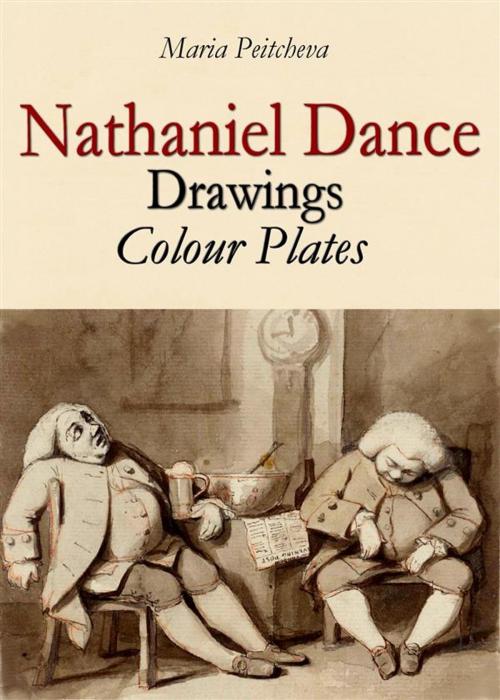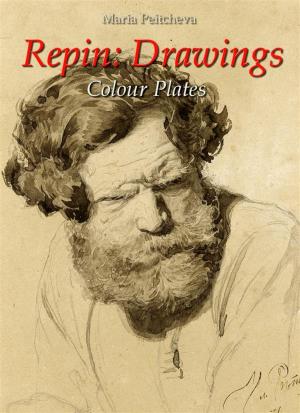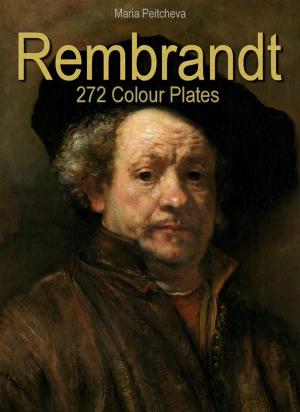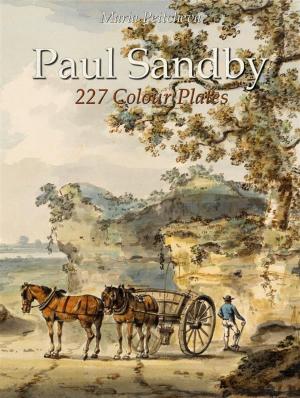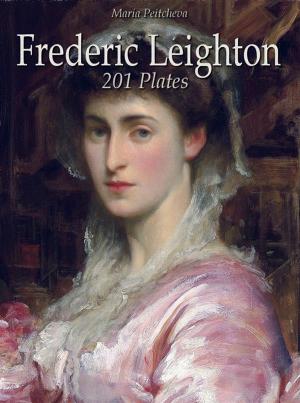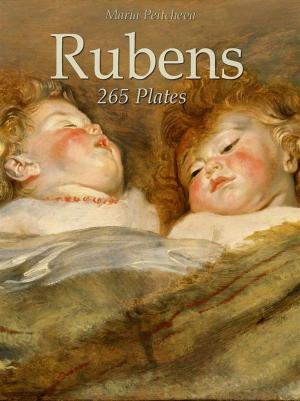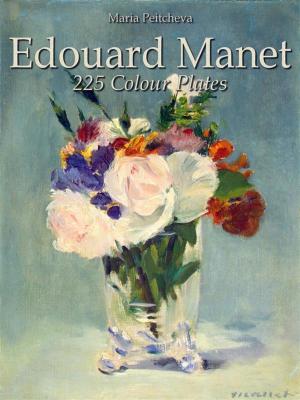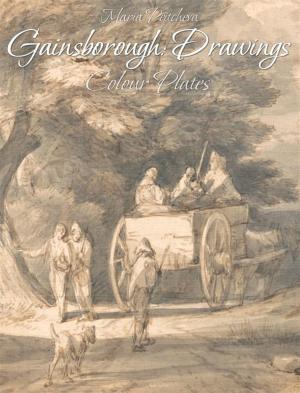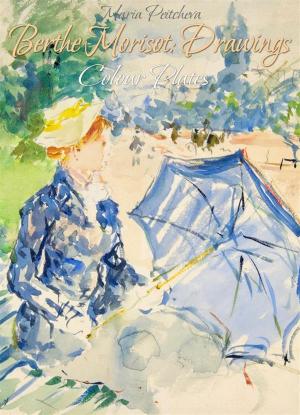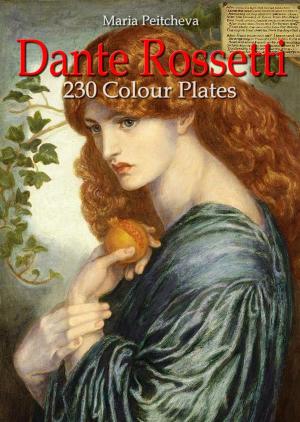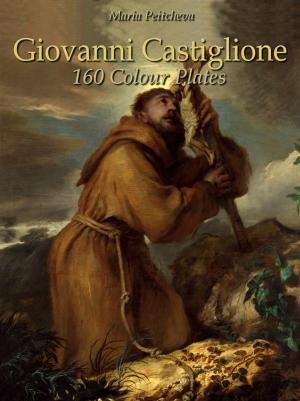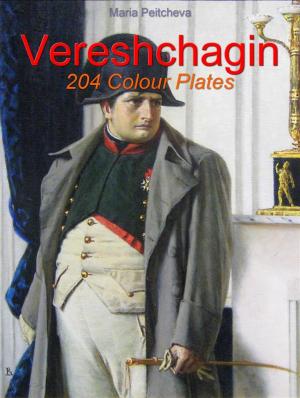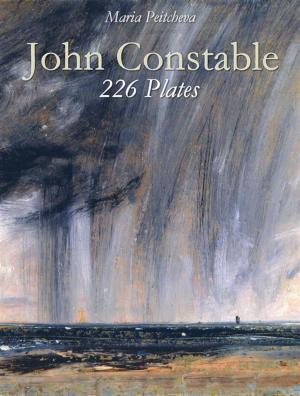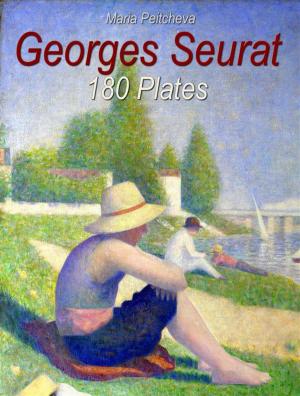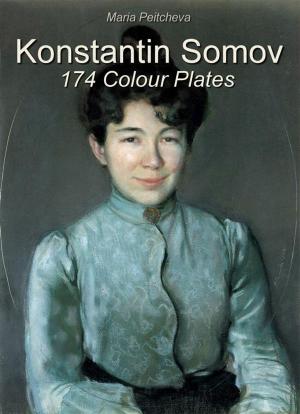Nathaniel Dance: Drawings Colour Plates
Nonfiction, Home & Garden, Crafts & Hobbies, Art Technique, Drawing, Art & Architecture, General Art| Author: | Maria Peitcheva | ISBN: | 9788892553347 |
| Publisher: | Maria Peitcheva | Publication: | February 11, 2016 |
| Imprint: | Language: | English |
| Author: | Maria Peitcheva |
| ISBN: | 9788892553347 |
| Publisher: | Maria Peitcheva |
| Publication: | February 11, 2016 |
| Imprint: | |
| Language: | English |
Sir Nathaniel Dance-Holland (1735 – 1811) was a notable English portrait painter and later a politician. The third son of architect George Dance the Elder, Dance studied art under Francis Hayman, and like many contemporaries also studied in Italy. There he met Angelica Kauffman, and painted several historic and classical paintings. On his return to England, he became a successful portrait painter. With Hayman and his architect brother George Dance the Younger, he was one of the founder members of the Royal Academy in 1768. He was commissioned to paint King George III and his queen, plus Captain James Cook and actor David Garrick. In 1790, he gave up his artistic career and became Member of Parliament for East Grinstead in Sussex. He served this seat until 1802 when he moved to Great Bedwyn, serving until 1806. In 1807 he returned to East Grinstead, serving until his death in 1811. He was made a baronet in 1800, which became extinct upon his death.
Sir Nathaniel Dance-Holland (1735 – 1811) was a notable English portrait painter and later a politician. The third son of architect George Dance the Elder, Dance studied art under Francis Hayman, and like many contemporaries also studied in Italy. There he met Angelica Kauffman, and painted several historic and classical paintings. On his return to England, he became a successful portrait painter. With Hayman and his architect brother George Dance the Younger, he was one of the founder members of the Royal Academy in 1768. He was commissioned to paint King George III and his queen, plus Captain James Cook and actor David Garrick. In 1790, he gave up his artistic career and became Member of Parliament for East Grinstead in Sussex. He served this seat until 1802 when he moved to Great Bedwyn, serving until 1806. In 1807 he returned to East Grinstead, serving until his death in 1811. He was made a baronet in 1800, which became extinct upon his death.
